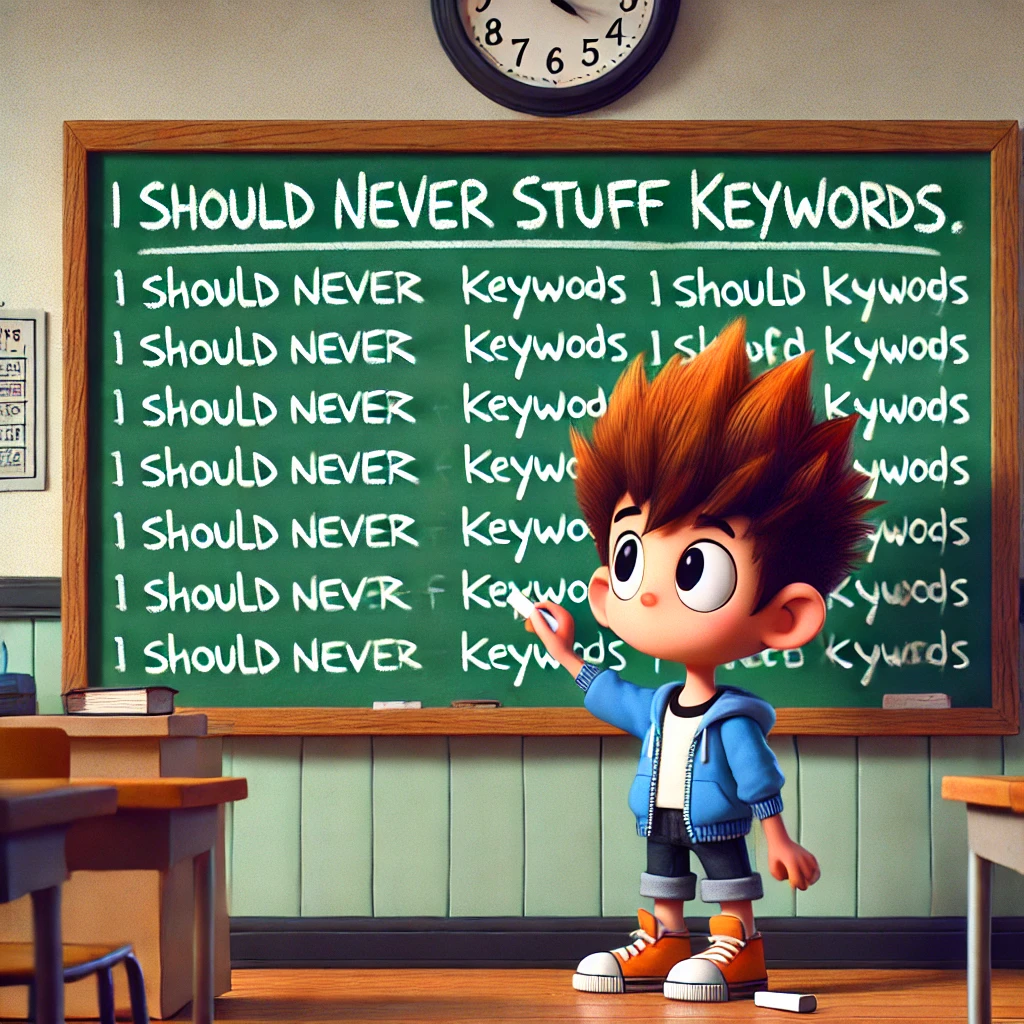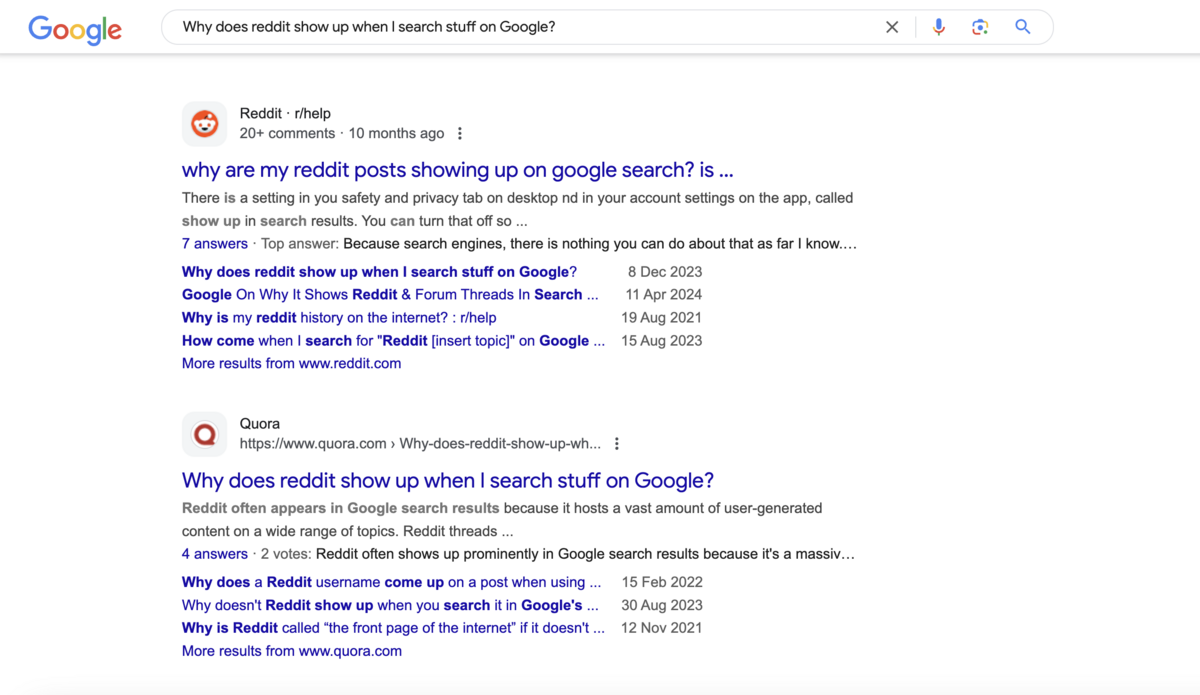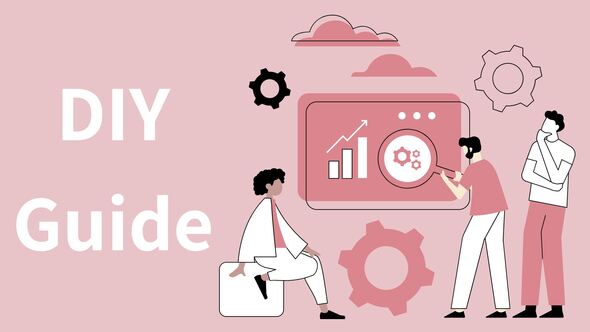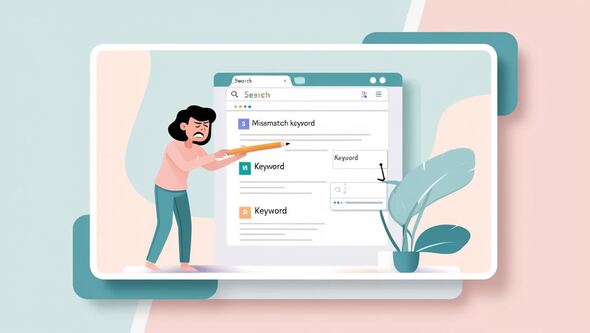Table of Contents
Introduction
As a solopreneur, you might wonder how to get your business on Google’s first page. In general, you have two options:
- Pay for ads: Google Ads can place your business at the top, but it costs money.
- Use SEO (Search Engine Optimization): Often considered the "free" way to rank, but let’s be honest—SEO isn’t entirely free. It costs time, effort, and sometimes money.
This post will focus on the second option—how to use your website to climb Google’s rankings and build a sustainable presence.
Ensure you read until the end, where we share a bonus tip that might help your business appear on Google’s first page.
What Is SEO in Simple Terms?
Google’s job is simple: match a searcher’s query with the most relevant answer. If your website provides the best answer, it will appear at the top of the results.
Here’s a relatable analogy: Imagine Google is a librarian, and you’re asking for the best book on a specific topic. The librarian considers the books' titles, descriptions, and reviews to decide which one to recommend first. Your website is like one of those books, and SEO is how you help Google determine whether your book is the most relevant. Reviews and backlinks act like endorsements—the more trusted sources recommend your book, the more likely the librarian will put it at the top of the pile.
This simple concept has a few key implications:
- Specific Searches Are Your Friend: The more specific the search query (e.g., “affordable yoga classes in Seattle”), the fewer relevant answers exist, which increases your chance of ranking. However, fewer people perform these precise searches, so there’s a tradeoff.
- Google Decides What’s Relevant: Your job is to create content that Google recognizes as the best answer. This involves understanding and matching your audience’s intent with straightforward, helpful content.
How Does Google Decide What’s Relevant?
Even Google employees don’t fully understand every detail of their algorithms, but some principles are well-known. Let’s break it down:
1. Keywords Are the Backbone
When someone types a search term into Google, it’s translated into keywords. Google then searches for the best answers matching those keywords. Here’s what you need to know:
- Your page needs to include the keywords you’re targeting. Think of them as the clues that tell Google what your page is about.
- Keywords in prominent places, like the page’s title or headings, carry more weight than those buried in paragraphs.
- Be thoughtful about your keywords. Don’t try to rank for overly competitive terms like “shoes”; instead, aim for something specific like “handmade leather shoes in Austin.”
2. Quality Content Over Keyword Stuffing
Here’s where many people go wrong: they think repeating keywords repeatedly (a practice called “keyword stuffing”) will help them rank. In reality, it hurts your rankings because Google prioritizes quality content.

To rank well, your page must:
- Genuinely answer the search query.
- Provide value to the reader with clear, well-structured information.
- Avoid being a random blob of keywords with no real substance.
3. Google Looks for Experts
Wouldn't you trust an expert if you were searching for an answer? Google works the same way. It promotes content from trusted sources. But how does it decide who’s an expert?
- Talk About It Often: Your website should have multiple pages discussing related topics. For example, if you’re a photographer, write about camera tips, photo editing, and client success stories.
- Get Backlinks: These are links from other trusted websites pointing to your site. A backlink from a popular site is like a glowing recommendation. For example, being mentioned in a national news article carries far more weight than a link from a random blog with two readers.
Common SEO Misconceptions
Before diving deeper, let’s clear up some common myths about SEO:
- SEO Is a One-Time Task: Many people think they can optimize their site once and forget about it. In reality, SEO is an ongoing process. Trends change, competitors adapt, and search engine algorithms evolve.
- More Keywords = Better Rankings: Stuffing your page with keywords might have worked 15 years ago, but today it can hurt your rankings. Google values quality over quantity.
- SEO Delivers Instant Results: Unlike ads, SEO takes time. You might not see results for weeks or months, but the long-term benefits are worth waiting.
- SEO Isn’t Entirely Free: While SEO doesn’t require direct payment like ads, it often comes with hidden costs. You’ll spend time researching keywords, creating content, and building backlinks. You might also invest in tools or expertise to make the process more effective. The most significant cost is often time, and the payoff may take months to materialize.
Practical Examples of Keywords and Content
Let’s make this actionable. Here’s how to think about keywords and structure your content:
- Keywords: If you’re a yoga instructor in Austin, your keywords might include “Austin yoga classes,” “affordable yoga studios,” or “yoga for beginners in Austin.”
- Content: Create a blog post titled “5 Reasons to Try Yoga in Austin” or “Beginner’s Guide to Yoga Classes Near You.” Within the post, answer common questions your audience might have.
The goal is to make your content not just relevant but also valuable and engaging.
Quick Wins for Solopreneurs
If you’re starting with SEO, here are a few easy steps you can take today:
- Claim Your Google My Business Listing: This is essential for local SEO. Add your business name, address, and hours to increase visibility in local searches.
- Update Your Page Titles and Meta Descriptions: Searchers first see these. Please make sure they’re clear and include your keywords.
- Write a Blog Post Answering a Common Question: For example, if customers often ask about pricing, create a post explaining your services and costs.
- Ask for Backlinks: Reach out to local directories or collaborate with bloggers in your industry to get mentions.
- Use Internal Links: Link between pages on your site to help Google understand how your content is connected.
Bonus: Leveraging Forums to Show Your Business on Google’s First Page
When people ask questions, Google often displays answers from forums like Reddit and Quora.

To make your answers appear, break your approach into actionable steps:
- Choose the Right Questions: Identify forums and threads where your expertise fits naturally. Use tools like Google Alerts or search directly for industry-specific questions to find opportunities.
- Craft Thoughtful Responses: Write detailed answers that directly address the query. Avoid generic responses—focus on being helpful and relevant.
- Use Targeted Keywords: Include specific keywords in your answers to align with potential search queries, just as you would on your website.
- Provide Real Value: Share the unique benefits of your business and, where appropriate, include a link to your website. For instance, if someone asks about the best local yoga classes, you could describe what sets your business apart and provide a helpful resource for them.
By offering authentic, insightful responses, you’ll increase the likelihood that Google ranks your answer highly in search results.
❓ Frequently Asked Questions
Q: How long does SEO take to work for solopreneurs?
A: You might start seeing impressions within a few weeks, but meaningful rankings and traffic typically take 3–6 months with consistent effort.
Q: What’s the first SEO task I should do?
A: Choose a low-competition, relevant long-tail keyword and write a high-value blog post or landing page around it.
Q: Do I need a blog to succeed with SEO?
A: While not required, a blog gives you a chance to rank for more keywords, build authority, and attract backlinks — it’s highly recommended.
Q: Can I do SEO without any tools?
A: Yes — tools like Google Search Console and GA4 are free and provide most of what you need to get started.
Q: What should I do if my post doesn’t rank after 3 months?
A: Revisit the content, improve the headline/meta, add internal links, or refresh the content with updated insights or keywords.
Conclusion
SEO isn’t magic, and it’s not truly free. Whether you’re investing time or money, the goal is to create a sustainable way for your business to get found online. Remember:
- Use keywords strategically.
- Focus on quality content that provides value.
- Build authority through backlinks and consistent effort.
While you might not see results overnight, the long-term benefits of SEO are worth it. Creating content that resonates with your audience and aligns with Google’s expectations, you can climb the rankings and attract the right customers.
Call to Action (CTA)
Want to take your SEO further? In the next post, we’ll explore the tools and tactics that can help you, from keyword research to tracking your success. Don’t miss it—subscribe to our newsletter for updates!
Read to next step?
Achieve Digital Marketing Success
Effortless Digital Marketing Analytics with goalskeeper.io
Start Free Trial







